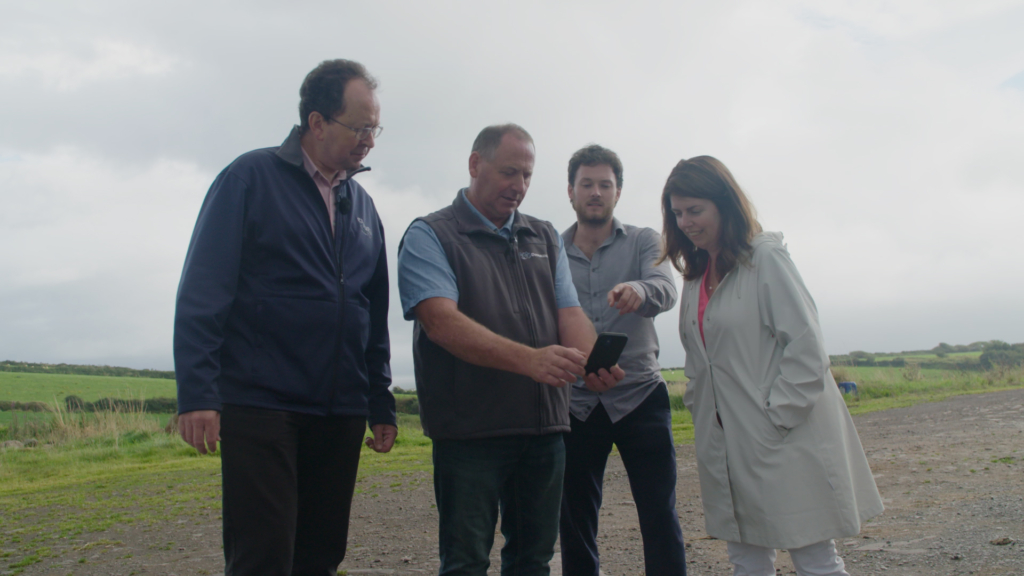Welcome to the new home for Campus Engage.
The Irish Universities Association (IUA), promotes and supports societal engagement as a core function of Irish higher education. Our universities are committed to addressing societal challenges, with and for society, involving societal partners across research, innovation, teaching and learning to maximise societal impact.
The following sub sections of our website have been created to support researchers, innovators, educators and provides ‘how-to’ guidance, training opportunities, policy briefings, and tools for planning for societal impact.

Engaged Research & Societal Impact
IUA member universities are working to bring research beneficiaries together to address our greatest societal challenges. We all understand that when we work with service and product users, policy makers, patients, civic society and industry, research outputs are more likely to be of benefit to society and make real impact.

Students & Communities Learning Together
We are embedding, scaling and promoting accredited student community-based learning and teaching (CBLT) on campuses across Ireland.
Community-based learning and teaching are academic approaches that seek to enhance student learning outcomes, while working in partnership with civic and civil society organisations (CSOs) to act on local and global societal challenges.

StudentVolunteer.ie
University of Limerick (UL) will lead StudentVolunteer.ie into its next phase, scaling the service offering to all higher education institutions across Ireland and attracting new strategic partnerships. UL was selected following a competitive process to lead the platform, management of which is transferring from the Irish Universities Association (IUA), with several university partners from across the sector.
Visit the new Student Volunteer website: https://www.studentvolunteer.ie
Our Charter Commitment on Engagement
“… INCREASE ENGAGEMENT WITH COMMUNITIES AND INDUSTRY” BY…
providing better opportunities, through Campus Engage, for students to work with civic and civil society organisations through accredited learning, growth in engaged research and promotion of studentvolunteer.ie. deepening and strengthening industry links to align with workforce demands, expand research partnerships and support regional development through our network.
Based at the IUA, the Head of Engaged Research & Societal Impact is Kate Morris kate.morris@iua.ie